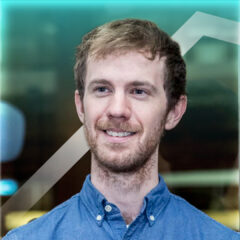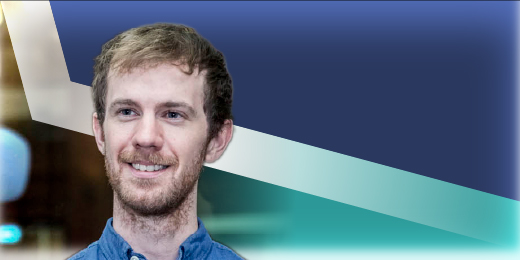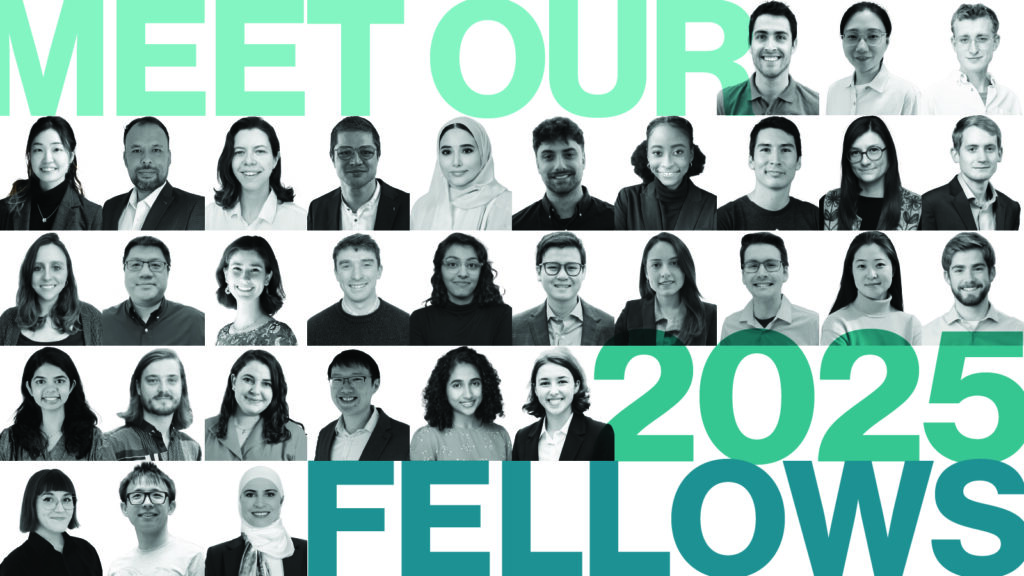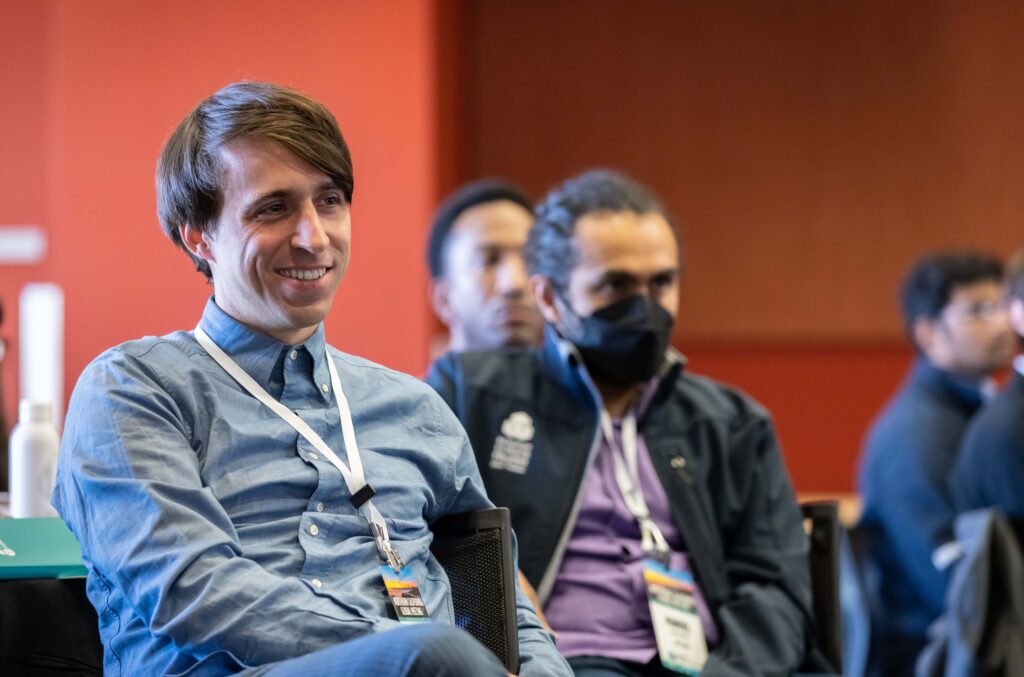This case study features in the Schmidt Science Fellows Annual Report 2020-2021.

Dr. OJ Watson is a 2020 Schmidt Science Fellow and infectious disease modeler. He completed his PhD at Imperial College London before being granted an exceptional deferral by Schmidt Science Fellows to pursue COVID-19 work at a critical time during the pandemic. His response to COVID-19 has led to work with the Ministry of Health in Sudan and contributions to VacSafe – a working group, supported by Schmidt Futures, convened by Dr. Wilmot James at Columbia University involving universities and vaccine education groups from tech and public health and policy creation. As a Schmidt Science Fellow, OJ is pivoting into evolutionary genetics and mortality estimation at the London School of Hygiene and Tropical Medicine.
Tell us about your involvement with the response to COVID-19 and the impact of your work.
Scientists and public health officials needed COVID-19 models to give some impression of the size of the pandemic and to give projections of future scenarios to tackle the virus and ultimately save lives. I focused on developing software for an infectious disease model forecasting tool to support public health agencies responding to the pandemic in low and middle-income countries.
My work eventually fed through into a collaboration with the World Health Organization (WHO) – specifically the Essential Supply Forecasting Tool (ESFT). This is a large-scale tool informing government responses to the pandemic and how to plan for future demands on health care resources. All the work I’ve done during the pandemic has been very interdisciplinary and very multi-institutional in its nature.
I focused on developing software for an infectious disease model forecasting tool to support public health agencies responding to the pandemic in low and middle-income countries.
What is next for you and your COVID work?
My work has recently focused on better characterizing and quantifying the scale of reported COVID-19 mortality. This included working with Dr. Maysoon Dahab at the London School of Hygiene and Tropical Medicine (LSHTM) and the Y-PEER Sudan program to support the Sudanese Ministry of Health, which led to an advocacy and shielding campaign distributed before their second wave.
Much of the advocacy work has been in collaboration with Professor Francesco Checchi from the LSHTM, which focused on generating evidence that officially reported deaths do not correctly represent the size of the pandemic. These data gaps have obscured our understanding of how far COVID-19 has spread and how effective previous interventions have been, ultimately hindering vaccine rollout.
My COVID work will never really finish and will always be ongoing working with researchers at Imperial College and LSHTM.
How has Schmidt Science Fellows supported you and your science?
The Program has helped shape my science and the path I have taken. The pandemic caught the world off guard, and we did not have the techniques we needed for modeling and responding to COVID-19. We needed these new tools very quickly for rapid deployment.
The Fellowship fully supported me and my mission to support low and middle-income countries responding to the pandemic by offering me an exceptional deferral to my Fellowship Year. The Program has been incredibly flexible and very understanding of my work in such rare circumstances. Support from the Academic Council removed a lot of pressure and allowed me to focus on my COVID work.
What is your contribution to VacSafe, and how did that come about?
I am using coding tools I developed to help the VacSafe group explore the impact of COVID-19 vaccination and vaccine hesitancy. The group includes various backgrounds of expertise to look at vaccine safety and confidence-building in Africa with an expressed interest from a modeling perspective. Pilot projects have been set up to monitor adverse events to vaccine rollout in Africa. One of the aims is to build an evidence base for the safety of vaccines that can lead to increased confidence in vaccine uptake.
What is next for you and your science at the London School of Hygiene and Tropical Medicine?
I want to develop new methods that will combine geospatial techniques and computer vision models to quantify mortality from satellite imagery data of cemeteries. I will also be continuing my work on COVID-19 mortality with Prof. Checchi as part of a recently funded 5-year US CDC grant supporting research groups in DRC, Sudan, Somalia, and South Sudan to estimate mortality during the pandemic and generate evidence for humanitarian public health action.



